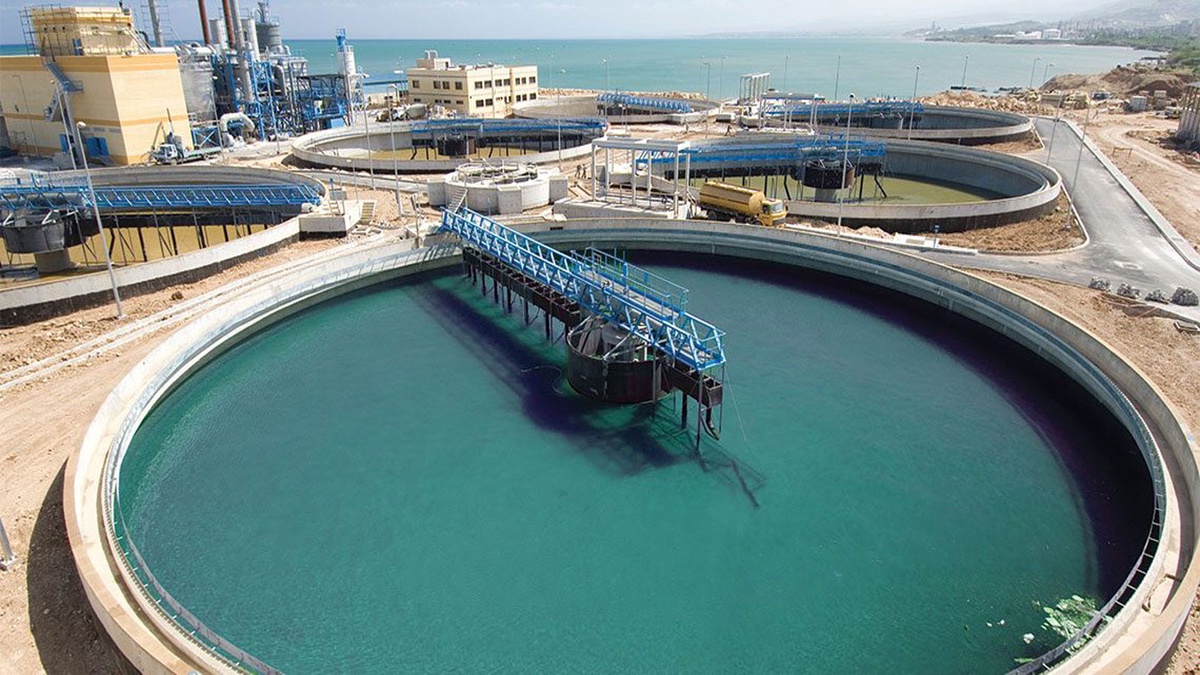Introduction:
In the quest for clean and safe water, innovative technologies play a pivotal role in addressing the challenges of contamination, pollution, and scarcity. Among these technologies, titanium anodes have emerged as a powerful tool in the field of water treatment. With their exceptional corrosion resistance, durability, and electrochemical properties, titanium anode offers a sustainable and effective solution for disinfection, sterilization, and purification of water. In this blog post, we delve into the applications and benefits of titanium anodes in water treatment, highlighting their role in safeguarding public health and environmental sustainability.
Electro chlorination:
A Key Application One of the primary applications of titanium anodes in water treatment is electro chlorination, a process that harnesses the power of electrochemistry to generate chlorine onsite for disinfection purposes. In electrochlorination systems, titanium anode is immersed in a brine solution (sodium chloride or seawater), where they undergo electrolysis to produce chlorine gas (Cl2), sodium hypochlorite (NaOCl), and hydrogen gas (H2). These disinfectants effectively eliminate bacteria, viruses, algae, and other harmful microorganisms present in water, rendering it safe for drinking, swimming, and industrial use.
Key Advantages of Titanium Anodes in Electrochlorination:
-
Corrosion Resistance: Titanium anodes exhibit exceptional corrosion resistance, even in highly corrosive environments such as seawater or brine solutions. This property ensures the longevity and reliability of electrochlorination systems, minimizing maintenance costs and downtime.
-
Efficiency and Performance: Titanium anodes facilitate efficient electrolysis reactions, leading to high yields of chlorine gas and sodium hypochlorite with minimal energy consumption. This efficiency results in cost savings and operational benefits for water treatment facilities, particularly in large-scale applications.
-
Environmental Sustainability: Electrochlorination using titanium anodes offers a more sustainable alternative to traditional chlorine disinfection methods, such as the use of chlorine gas or liquid bleach. By generating chlorine onsite from readily available salt solutions, electrochlorination eliminates the need for transportation, storage, and handling of hazardous chemicals, reducing the environmental footprint and risks associated with chlorine use.
-
Safety and Health Benefits: Titanium anode-based electrochlorination systems provide a safer and more controlled means of disinfection compared to conventional chlorine dosing methods. By producing chlorine onsite as needed, these systems minimize the risk of accidental spills, leaks, or overexposure to chlorine, ensuring the safety of operators and the community.
Beyond Electrochlorination:
Additional Applications In addition to electrochlorination, titanium anodes find various other applications in water treatment, including:
- Electrocoagulation: Titanium anodes assist in electrocoagulation processes for removing suspended solids, colloidal particles, and organic contaminants from water through the formation of coagulant species and precipitation reactions.
- Advanced Oxidation Processes (AOPs): Titanium anodes are utilized in advanced oxidation processes such as electrochemical oxidation and electro-Fenton reactions for the degradation of organic pollutants, pharmaceutical residues, and emerging contaminants in water.
- Cathodic Protection: In water distribution systems and infrastructure exposed to corrosive environments, titanium anodes are employed in cathodic protection systems to prevent corrosion and extend the lifespan of metal components, such as pipelines, tanks, and pumps.
Conclusion:
Titanium anodes have revolutionized the field of water treatment, offering a sustainable, efficient, and environmentally friendly solution for disinfection, sterilization, and purification of water. From electrochlorination systems in municipal water treatment plants to electrocoagulation units in industrial wastewater treatment facilities, titanium anodes play a crucial role in safeguarding public health, protecting the environment, and promoting sustainable water management practices. As the global demand for clean water continues to rise, the versatility and reliability of titanium anodes will remain instrumental in addressing the challenges of water quality and availability in the 21st century.


No comments yet